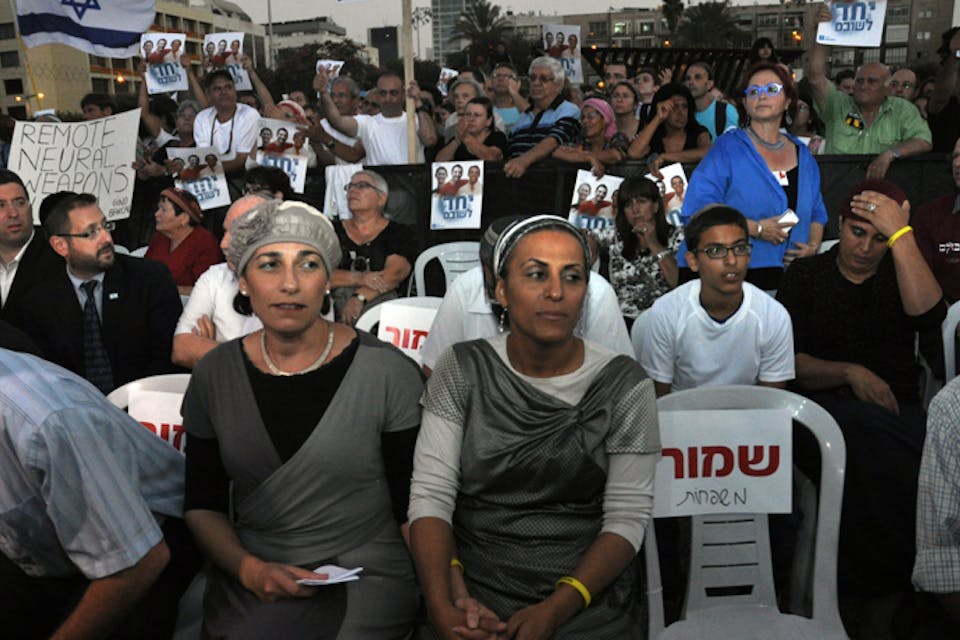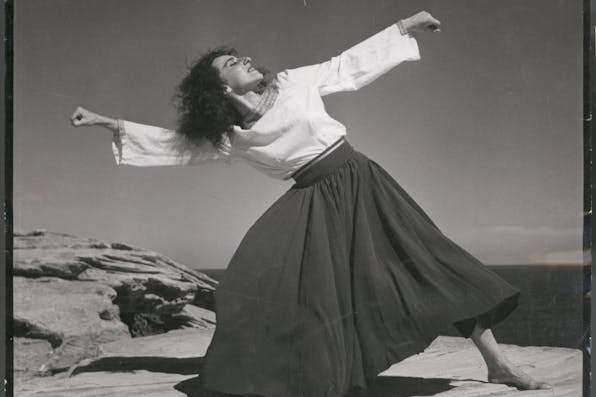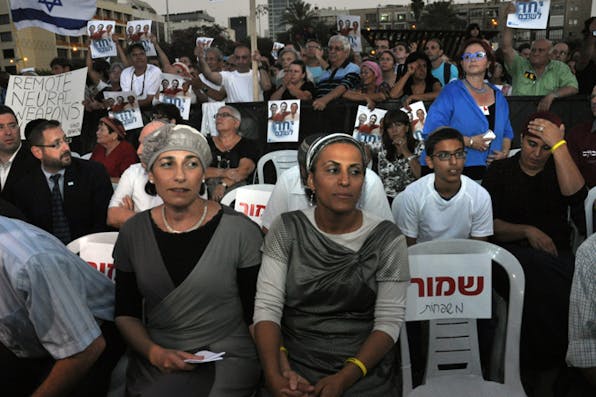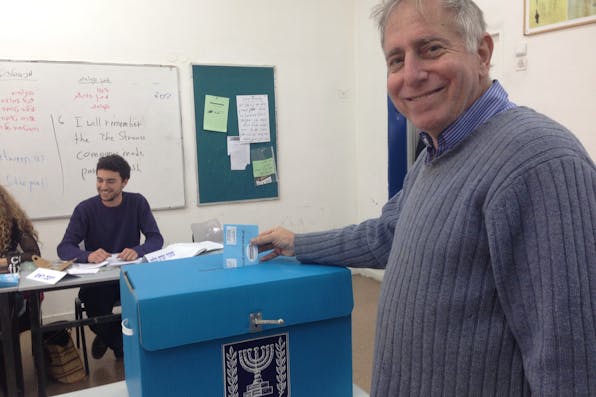
June 24, 2015
Another Kind of Unity
Some nations are united by a strong founding document. Israelis have only themselves, and that has been enough.
Edward Grossman’s essay captures in an impressionistic sweep the intertwined fears, joys, and dangers that make up the present-day Israeli experience. Looming over it all is the distant yet imminent Persian menace—a menace that, Grossman fears, Israel’s fractured political class may not be up to. Hence his call for a new politics of unity in the Jewish state.
While the essay neatly captures much of the Israeli condition, something important is missing. Grossman’s question, “Can Israel Unite?” seems to be premised on the assumption that the factional nature of Israeli parliamentary politics somehow mediates and reflects a deeper absence of solidarity within Israeli society itself. But in an important sense, in the most important sense, Israel is already unified, however masked that fact may be by our arguably worsening culture of political divisiveness, problems of social marginalization, growing economic and educational disparities, and all the other challenges we face.
For all their diversity, and amid the disaster and ruin of the region, Israeli Jews share a baseline historical consciousness, an ethos of togetherness and sacrifice, and a few fundamental beliefs about the meaning and demands of their Jewish identity: a kinship, in other words, that enables them to triumph and flourish, time and again.



